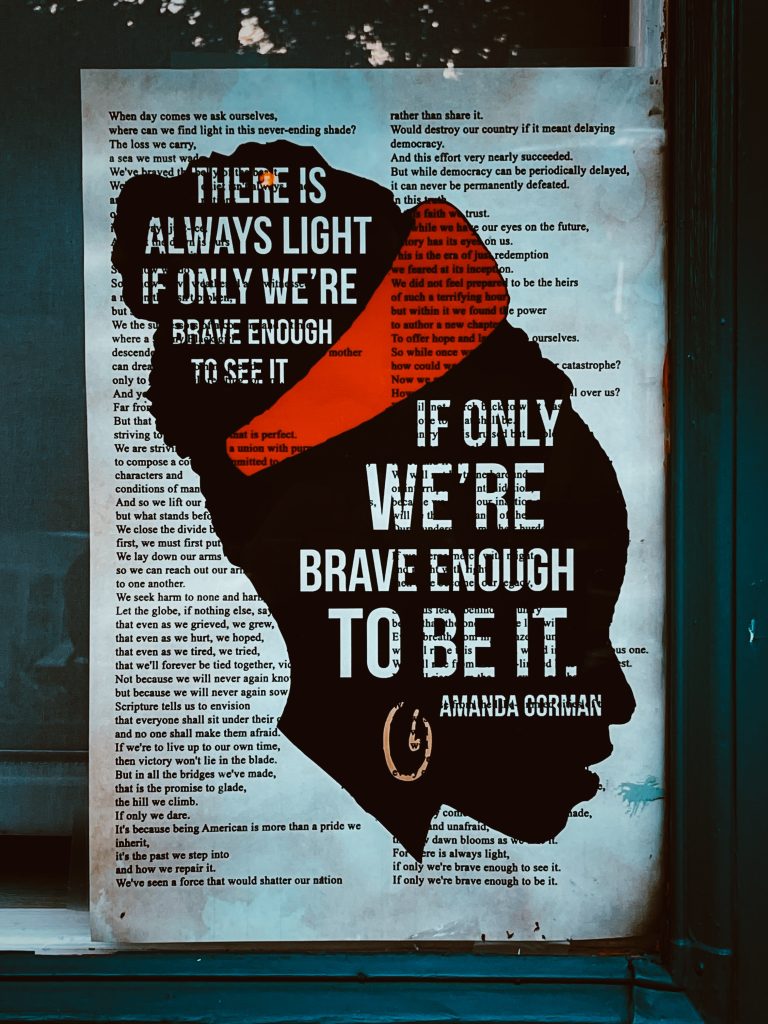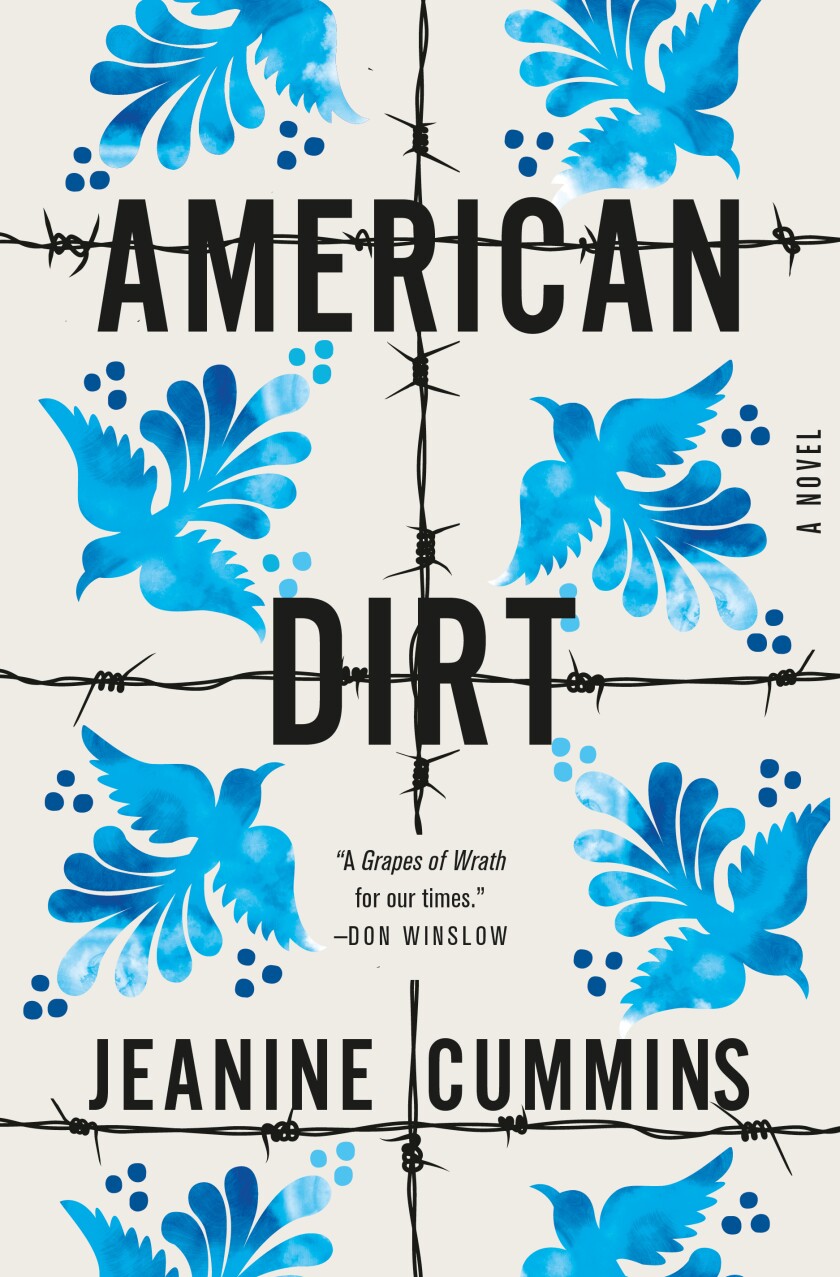I was thinking about February, the month of love, chocolate, and honouring the history, contributions, and future of Black folks in our country, and I figured it would be a great time to feature poetry by Black writers.
(My thought process was Valentine’s Day > Love > Poetry. Hence the somewhat pun-y title, because I couldn’t resist.)
I never used to be big on reading poetry—sometimes poems (especially those assigned in school) felt a bit too esoteric or plain baffling for my taste, especially when coupled with assignments to demonstrate what the poems might be saying. But the more I read, the more I slowly fell in love with it, and even began trying my hand at writing my own poetry, some of which I’m quite proud of.
Who knows, one day I might publish a poetry collection and join the ranks of these vaunted writers. In the meantime though, I can recommend a few reads. The following is a small collection of great poetry by Black authors that you can find in our catalogue, featuring excerpts of their poems when available. I find there’s no greater hook for a reader of poetry than the content, which often resonates better than any blurb or synopsis could.
Continue reading
